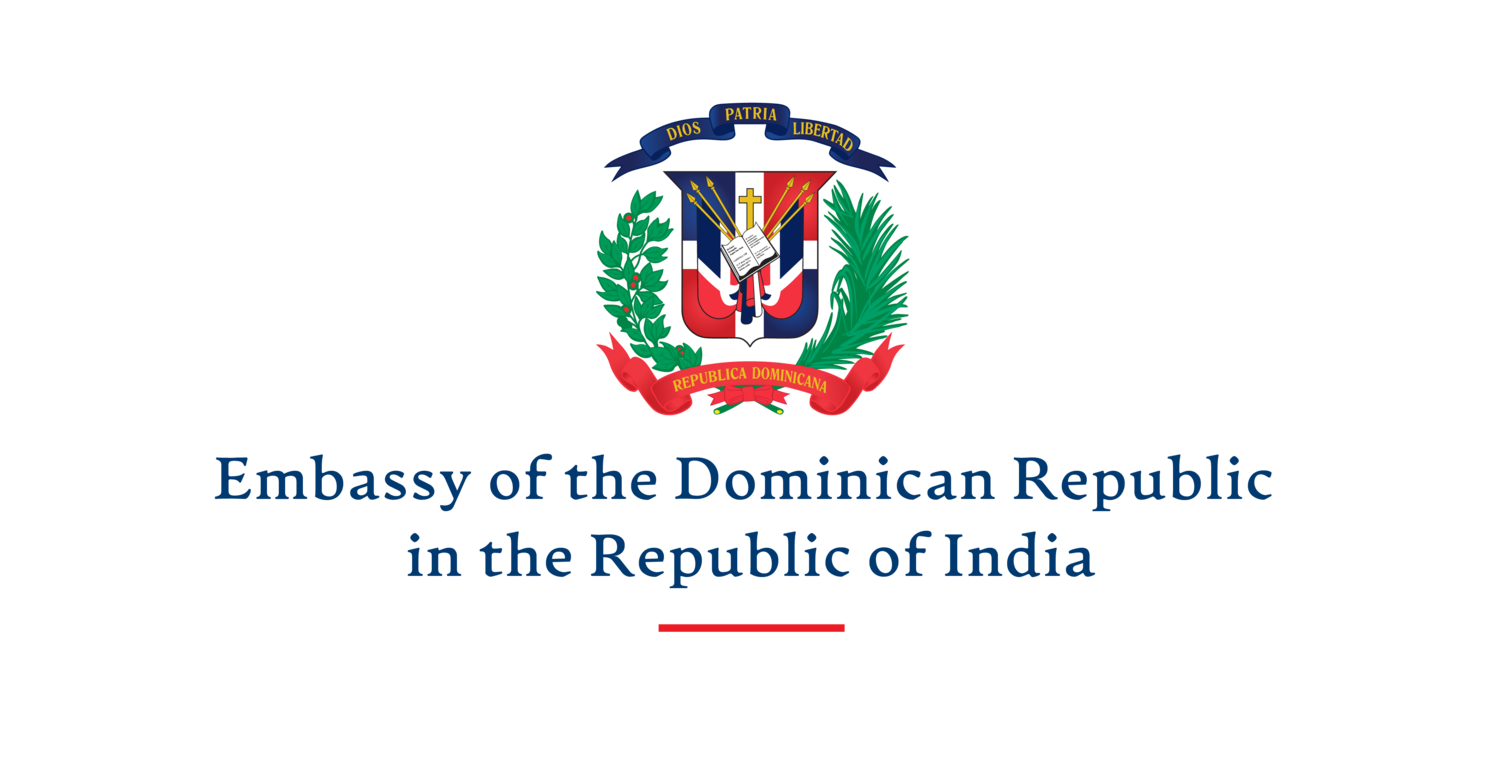An interview with Natalia Cabral and Oriol Estrada at the IFFI, Goa Film Festival 2021
Oriol Estrada (Left) and Natalia Cabral (Right), Goa 2021.
Natalia Cabral and Oriol Estrada belong to the new wave of Dominican filmmakers pushing the boundaries of the cinema being made in our region. These award-winning creators, both graduates of the International School of Film and TV (EICTV) of Cuba, define their work as lying “on the borderlines of fiction and nonfiction”. In 2012, they founded, in the Dominican Republic, the production company Faula Films, with the aim to provide a creative platform for the development and co-production of independent filmmaking in the Caribbean.
Their debut documentary feature film You and Me (2014) premiered at Visions du Réel and won several awards at Cartagena IFF, Trinidad & Tobago IFF, Havana IFF, Márgenes, Austin and Santo Domingo, among others. Their second documentary film Site of Sites (2016), supported by DOCTV Latinoamérica, premiered at IDFA – International Documentary Film Festival Amsterdam. The film was presented in the US at the Neighboring Scenes Showcase of the Film Society of Lincoln Center, was an official selection at Biarritz, Cartagena and Lima, and was listed as one of the 25 best Latin American films of 2017 by Cinema Tropical.
Their latest work, A Film About Couples (2021), premiered internationally in official competition at the Rome Film Fest and won the best film award from the Syndicat Français de la Critique de Cinéma, and a special mention from the jury at the Biarritz Latin American film festival. The Asian premier was held at the International Film Festival of India (IFFI), Goa Film Festival 2021.
They were kind enough to sit down with us during their visit to India to discuss their latest film, their impressions of India, their work as filmmakers, and their new life, in front of the camera, as actors. The interview was held at the home of Indian filmmaker Aradhana Seth, in Goa.



